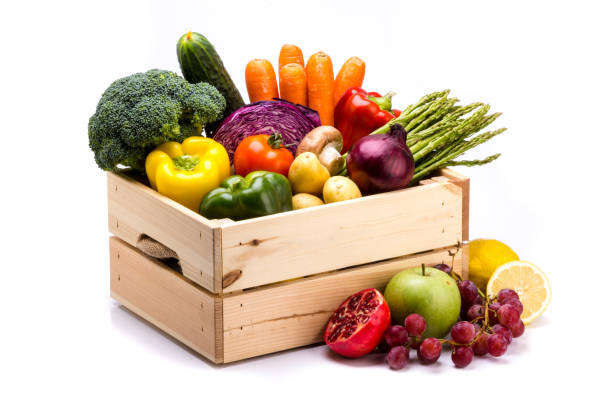Mboga Delivery Project
Summary
The Mboga Delivery project, spearheaded by KIP Capital, is an ambitious initiative located in Eldoret, Uasin Gishu, Kenya. This project aims to align with the Sustainable Development Goals (SDGs) and contribute to the realization of Kenya's Vision 2030 by establishing a self-sustaining commercial aquaponics strawberry farm and jam production business. The farm is designed to produce 50kg of packaged strawberry jam and 20kg of fish per day, while also providing direct employment for over 10 individuals within its first two years of operation. By integrating modern agricultural techniques, the mboga delivery bussiness model seeks to revolutionize local food production and processing. The strengths of this project are manifold. It incorporates aquatic animal farming and hydroponics farming, catering to both the Kenyan and East African markets. By producing vegetables, fruits, and fish in commercial quantities, and operating a standard food processing and packaging plant, the project is set to become a significant impact in the agricultural sector. Kenya's economy, heavily reliant on agriculture, presents a fertile ground for such ventures. The high growth rate of the urban population, increasing household incomes, and a burgeoning middle class provide a robust market for agricultural products. Additionally, nearly 80% of strawberry jam consumed in Kenya is imported, creating a substantial opportunity for locally produced goods to capture the market. The project's competitive advantages ensure its potential success. Traditional rain-dependent agriculture in Kenya makes the availability of strawberries seasonal, but the use of greenhouse aquaponics technology allows for year-round production, ensuring a consistent supply and quality of strawberries. This technological edge, combined with the project's ability to maintain competitive pricing due to lower transportation costs, positions the company favorably against competitors who import their products. The consistent quality and supply of strawberries and jam, coupled with affordability, make the project a promising venture poised to meet the demands of a growing and increasingly affluent market.
Agriculture
Agriculture
Joint Venture
50000
USD
Feasibility study

organisation
KIP Capital
Eldoret
Uasin Gishu
contact
Please register to the eOpportunities platform in order to fulfil this request.
